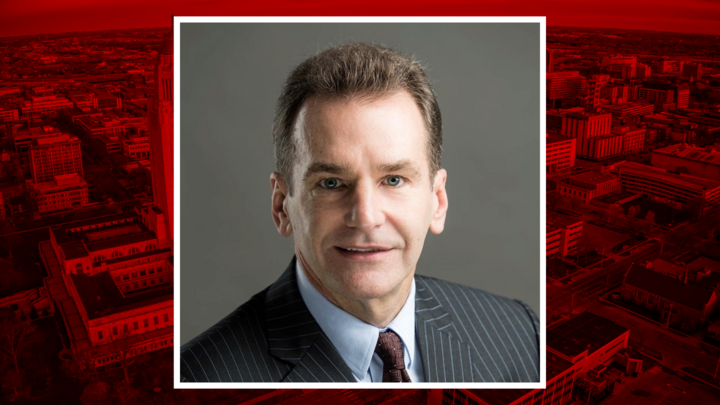Trade Matters Newsletter
Enjoyed this blog? Sign up for our newsletter to stay informed on the latest trade updates and events from the Yeutter Institute!
Content
APEC Ministerial Overshadowed by Trump Tariffs
May 27, 2025
At the first major international gathering of Trade Ministers since the US announcement of “liberation day” reciprocal tariffs, attention was focused on assessing the impact both regionally and globally of the tariffs implemented by the US, and voicing concern over the current volatility in trade relations.
The APEC Ministers Responsible for Trade convened in Jeju, South Korea on May 15th and 16th. APEC (the Asia Pacific Economic Cooperation Forum) is a regional grouping consisting of the U.S. and 20 other Asia Pacific economies, dedicated to promoting open and resilient trade. South Korea is the chair for this year’s proceedings, under the theme of “Building a Sustainable Tomorrow."
The APEC process consists of a series of ministerial and senior official meetings during the course of the year, culminating in the annual APEC Leaders’ meeting, usually in October or November, which brings together the 21 Presidents and Prime Ministers for face-to-face discussions and deliberations.
As is often the case with high-profile international confabulations, what happens behind the scenes and in corridor conversations is often more important than anything that takes place during the formal APEC meetings. That was certainly the case in Jeju. The official statement was a typically bland statement restating the commitment of the ministers to non-controversial issues such as the importance of rules-based trade and the need to reform the World Trade Organization so that it can be more responsive to the current challenges facing the global trade system, while also alluding to the turmoil created by the Trump tariffs.
The real action took place on the sidelines, as trade ministers from APEC economies facing reciprocal tariffs jockeyed for meeting time with the U.S. Trade Representative Jamieson Greer. In fact, when Greer’s participation was confirmed, a number of countries that had only intended to send deputy ministers sent their senior ministers in order to engage Greer directly and continue negotiations aimed at averting the tariffs.
As with many “behind closed door” meetings, little was reported in terms of the outcome of any of these sessions, but with the 90-day window to conclude negotiations rapidly winding down, any opportunity for senior officials to continue the discussions is potentially crucial. This is even more true now as it has become clear that there will be insufficient time to conclude agreements with every country seeking one. Instead, President Trump has stated that the US would simply inform countries without agreements of the reciprocal tariff they’ll be facing – a deeply troubling prospect for impacted US trade partners gathering in Jeju.
As a practical matter, the APEC Ministerial in South Korea held little immediate impact for U.S. agricultural interests. APEC is a slow, deliberative, consensus-based process, almost never producing “Big Bang” results in any area. That does not mean, however, that APEC is irrelevant. Particularly on agriculture, APEC is pursuing progress on longer term issues that will benefit U.S. agriculture, including strengthening food safety standards, promoting sustainable biofuels, and fostering digital transformation in agriculture. The Ministers specifically referenced the role trade can play in ensuring food security and confirmed their commitment to an APEC food security roadmap, which leverages public-private partnerships to build a more sustainable regional food system. All worthwhile endeavors, but anyone awaiting headline-grabbing progress on these issues to emerge from the Jeju Ministerial Meeting would inevitably be disappointed.
Instead, Jeju was about continuing incremental progress on APEC’s long-term agenda, while providing a forum for Ministers to thrash through the most important short-term challenge facing trade: the disposition of President Trump’s reciprocal tariffs. We should have a clearer idea of the utility of the bilateral discussions in Jeju as the negotiation window closes and reciprocal tariffs are set.
Opinions expressed are solely those of the author and not the Yeutter Institute or the University of Nebraska-Lincoln.

Stephen Olson is a Non-resident fellow and visiting lecturer for the Yeutter Institute and a senior adjunct fellow at the Pacific Forum.